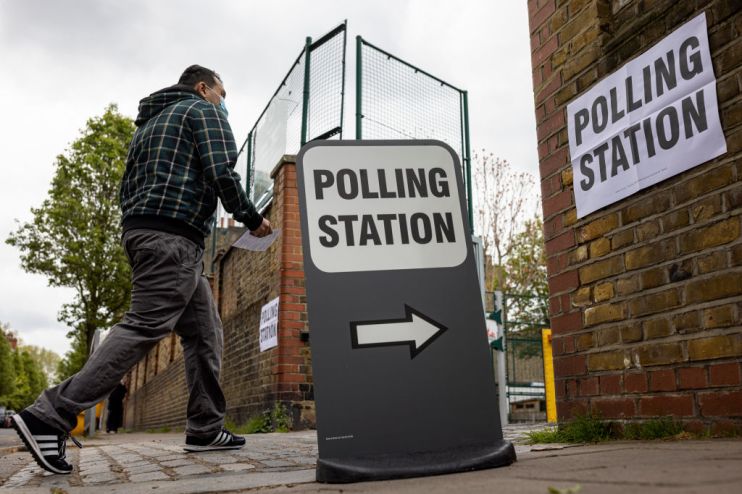Government outlines new voter ID law and plan to give PM power to call early election in Queen’s Speech

The government has outlined its plans to force voters to produce ID at polling stations and to give the Prime Minister back the power to call early elections in today’s Queen’s speech.
The Queen said a suite of new government legislation “will strengthen and renew democracy and the constitution”, including “to ensure the integrity of elections”.
The Electoral Integrity Bill will force people show identification, which is already required in Northern Ireland, at polling stations across the country.
The government said in a briefing note that this would “give voters confidence that their vote is theirs, and theirs alone, by tackling electoral fraud”.
The new measure has been labelled by Labour as way to disenfranchise young and ethnic minority voters who are most likely to not have an official ID and are less likely to vote Tory.
Shadow justice secretary David Lammy said in the 2019 election “there was just one conviction for voter fraud” and that the new ID law is “a cynical and ugly attempt to rig the system to disempower the poorest and most marginalised groups”.
The government says the measure has not decreased voter participation in Northern Ireland since being introduced in 1993.
The bill will also seek to “increase protection” on postal and proxy votes and to “strengthen” laws “on intimidation and undue influence”.
The Dissolution and Calling of Parliament Bill will give the sitting Prime Minister the power to call a snap General Election whenever they want, after David Cameron’s Fixed Term Parliaments Act removed this power.
Cameron’s law meant an election would happen every five years, unless two-thirds of MPs agreed to call an election or if there was a motion of no confidence in the government.
Johnson’s decision to give the Prime Minister back full powers to call an election comes after he was denied a snap poll on several occasions in 2019 as parliament wrangled over Brexit.
The government said the bill would: “Reinstate the constitutional principle whereby the government of the day has the confidence of the House of Commons and is able to seek a fresh democratic mandate from the British public when it is needed.”
The speech also outlined several pieces of legislation for the Prime Minister to fulfill his agenda to “level up” the Midlands and the North.
This includes a £4.8bn “Levelling Up Fund” to invest in infrastructure and jobs, a £830m “Future High Streets Fund” and the creation of eight new freeports created in different regions which will see taxes slashed for some companies.
The speech also committed the government to ensuring “the public finances are returned to a sustainable path once the economic recovery is secure”, after wracking up a £300bn Budget deficit in 2020-21.
This will be done through corporation tax rises on the richest companies and stealth income tax rises outlined by Rishi Sunak.
The speech also included a pledge that “proposals on social care reform will be brought forward”, after Johnson said on his election as party leader in 2019 that he would fix “the crisis in social care once and for all”.
However, there were no details on how this would happen in documents sent out to accompany the speech.